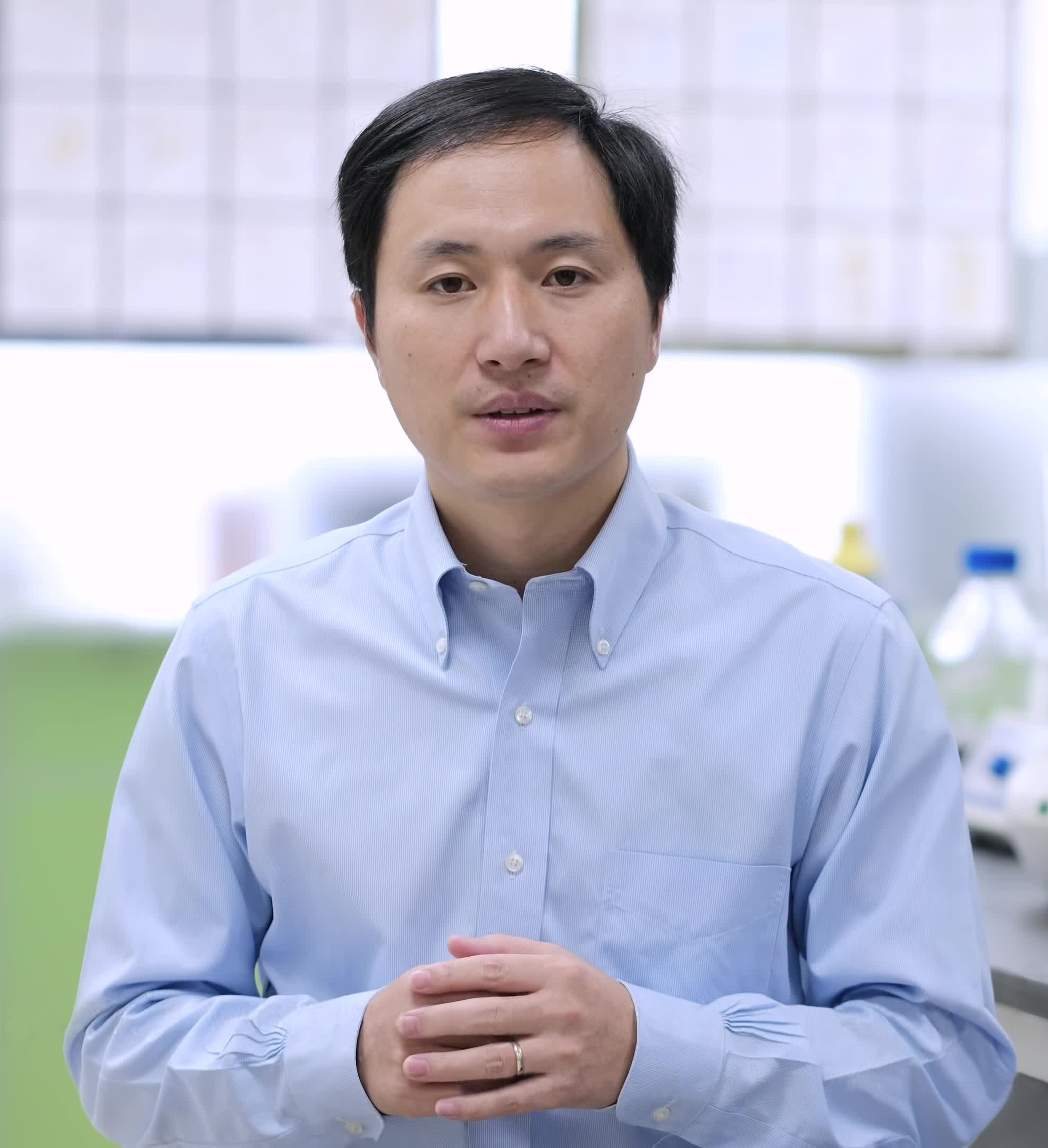The Untold Story of the ‘Circle of Trust’ Behind the World’s First Gene-edited Babies
By Jon Cohen,
Science
| 08. 01. 2019
A public relations specialist He Jiankui hired has cataloged five dozen people who were not part of the controversial study but knew or suspected what He was doing before it became public.
On 10 June 2017, a sunny and hot Saturday in Shenzhen, China, two couples came to the Southern University of Science and Technology (SUSTech) to discuss whether they would participate in a medical experiment that no researcher had ever dared to conduct. The Chinese couples, who were having fertility problems, gathered around a conference table to meet with He Jiankui, a SUSTech biophysicist. Then 33, He (pronounced "HEH") had a growing reputation in China as a scientist-entrepreneur but was little known outside the country. "We want to tell you some serious things that might be scary," said He, who was trim from years of playing soccer and wore a gray collared shirt, his cuffs casually unbuttoned.
He simply meant the standard in vitro fertilization (IVF) procedures. But as the discussion progressed, He and his postdoc walked the couples through informed consent forms that described what many ethicists and scientists view as a far more frightening proposition. Seventeen months later, the experiment triggered an international controversy, and the worldwide scientific community rejected him. The scandal cost him his university position and...
Related Articles
By Diaa Hadid and Shweta Desai, NPR | 01.29.2026
MUMBRA, India — The afternoon sun shines on the woman in a commuter-town café, highlighting her almond-shaped eyes and pale skin, a look often sought after by couples who need an egg to have a baby.
"I have good eggs,"...
By George Janes, BioNews | 01.12.2026
A heart attack patient has become the first person to be treated in a clinical trial of an experimental gene therapy, which aims to strengthen blood vessels after coronary bypass surgery.
Coronary artery bypass surgery is performed to treat...
By Staff, ScienceDaily | 01.05.2026
Scientists at UNSW Sydney have developed a new form of CRISPR technology that could make gene therapy safer while also resolving a decades-long debate about how genes are switched off. The research shows that small chemical markers attached to DNA
...
Following a long-standing CGS tradition, we present a selection of our favorite Biopolitical Times posts of the past year.
In 2025, we published up to four posts every month, written by 12 authors (staff, consultants and allies), some in collaboration and one simply credited to CGS.
These titles are presented in chronological order, except for three In Memoriam notices, which follow. Many more posts that are worth your time can be found in the archive. Scroll down and “VIEW...




